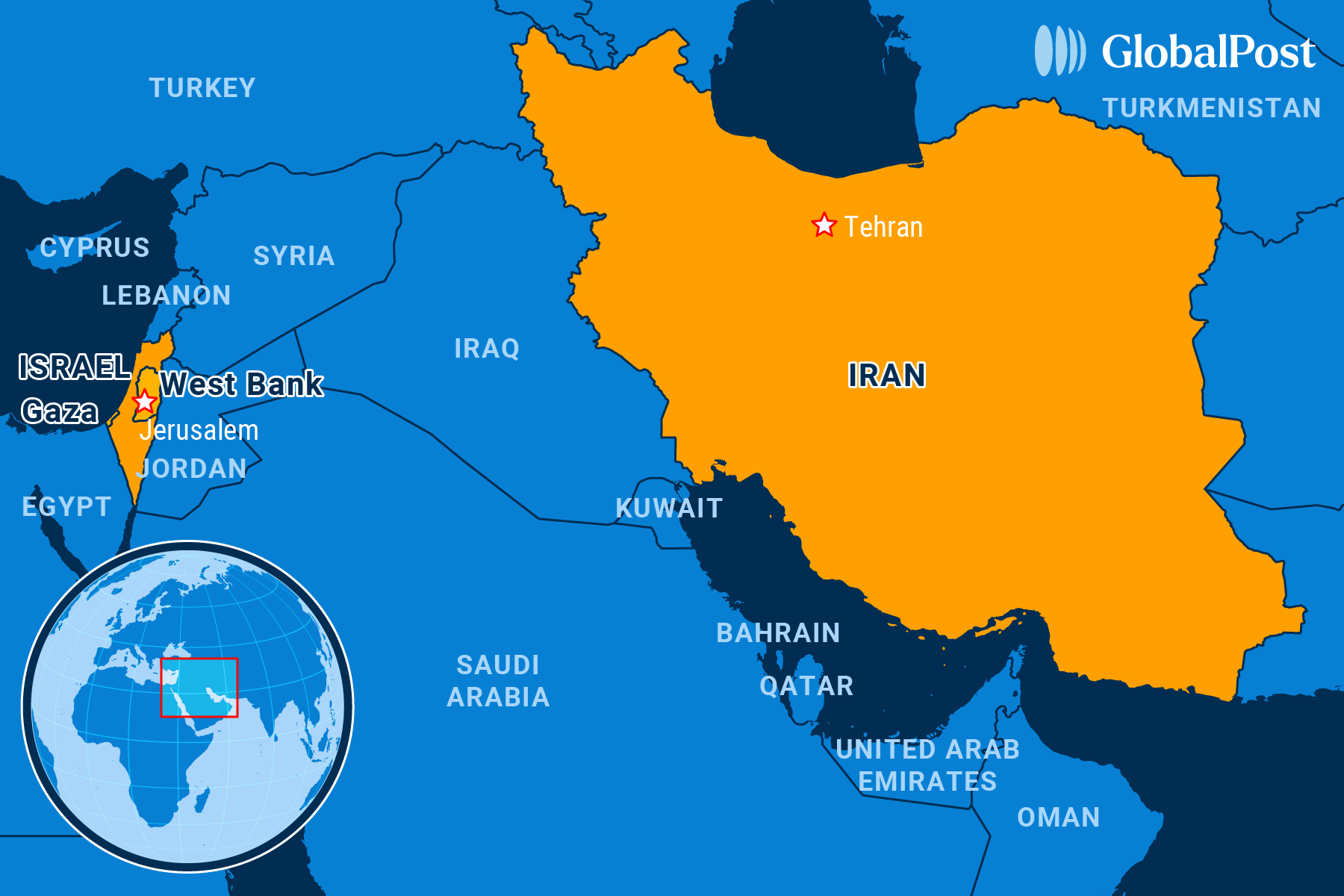Oil on Fire

Hamas said its leader Ismail Haniyeh was killed early Wednesday in an airstrike in Tehran that it blamed on Israel, dealing a major blow to the Palestinian militant group and fanning worries over further escalation in the Middle East, CNN reported.
Haniyeh was Hamas’ most public figure and a key participant in negotiations for a ceasefire agreement between the Israeli government and the group ruling the Gaza Strip. Officials within the Islamist organization said their chief’s assassination was a “grave escalation.”
The strike occurred at 2 a.m. local time, local media reported. Haniyeh was in the Iranian capital to attend the inauguration of the country’s new president, Masoud Pezeshkian.
“You killed our dear guest in our house and now have paved the way for your harsh punishment,” said Iran’s Supreme Leader Ali Khamenei.
Israel refused to confirm whether its armed forces had killed Haniyeh.
The late leader had reached Hamas’ top political position in 2017 and had lived in exile in Qatar since 2019. Born in a refugee camp in Gaza City, his activism dates back to the First Intifada, or uprising, in the late 1980s.
Haniyeh’s background made him “very popular” in Gaza, said Hani Mahmoud from Al Jazeera.
The impact of Haniyeh’s death is hard to gauge, but observers said it lowers the probability of a truce deal ever seeing the light of day. “How can mediation succeed when one party assassinates the negotiator on the other side?” asked Qatar’s Prime Minister Mohammed bin Abdulrahman Al-Thani, who is mediating the talks.
The killing also heightened the worries of families of Israeli hostages, captured by Hamas during the Oct. 7 massacre in southern Israel that killed nearly 1,200 people and launched the ongoing war, now in its tenth month.
“Haniyeh could have been killed 15 years ago, and they didn’t do it. Why now that there is a deal on the table, did they choose to kill him?” a relative of one of the hostages told Israel’s Haaretz.
The Hamas leader’s killing came after Israel launched a strike in Beirut, Lebanon on Tuesday, killing a top commander of the Iran-backed Lebanese group Hezbollah.
The Israeli army said the strike was in retaliation to an attack that killed 12 children in the disputed Golan Heights, which Israel and the US blamed on Hezbollah, Axios reported.
The strikes marked the end of two key leaders of Tehran’s proxy militant groups in the region, the Washington Post said. Reports in Arabic media said that a third, Ziyad al-Nakhalah, the secretary general of Palestinian Islamic Jihad, which is an ally of Hamas and was involved in the Oct. 7 attacks, was in the building where Haniyeh was killed.
Israel struck Lebanon and Iran in order “to set the region on fire,” senior Hamas leader Khalil al-Hayya said Wednesday in Tehran, adding that Hamas and its allies do not want a “regional war.” But Haniyeh’s killing, he added, “sent a clear message: that our only option with this enemy is blood and resistance.”
The killings also led to worries across the world that the region is coming ever closer to an expanding conflict, with analysts saying that they believe Iran will be compelled to respond to an attack in the heart of its capital. Iran and Israel exchanged missile and rocket attacks in a confrontation two months ago.

Subscribe today and GlobalPost will be in your inbox the next weekday morning
Join us today and pay only $32.95 for an annual subscription, or less than $3 a month for our unique insights into crucial developments on the world stage. It’s by far the best investment you can make to expand your knowledge of the world.
And you get a free two-week trial with no obligation to continue.
